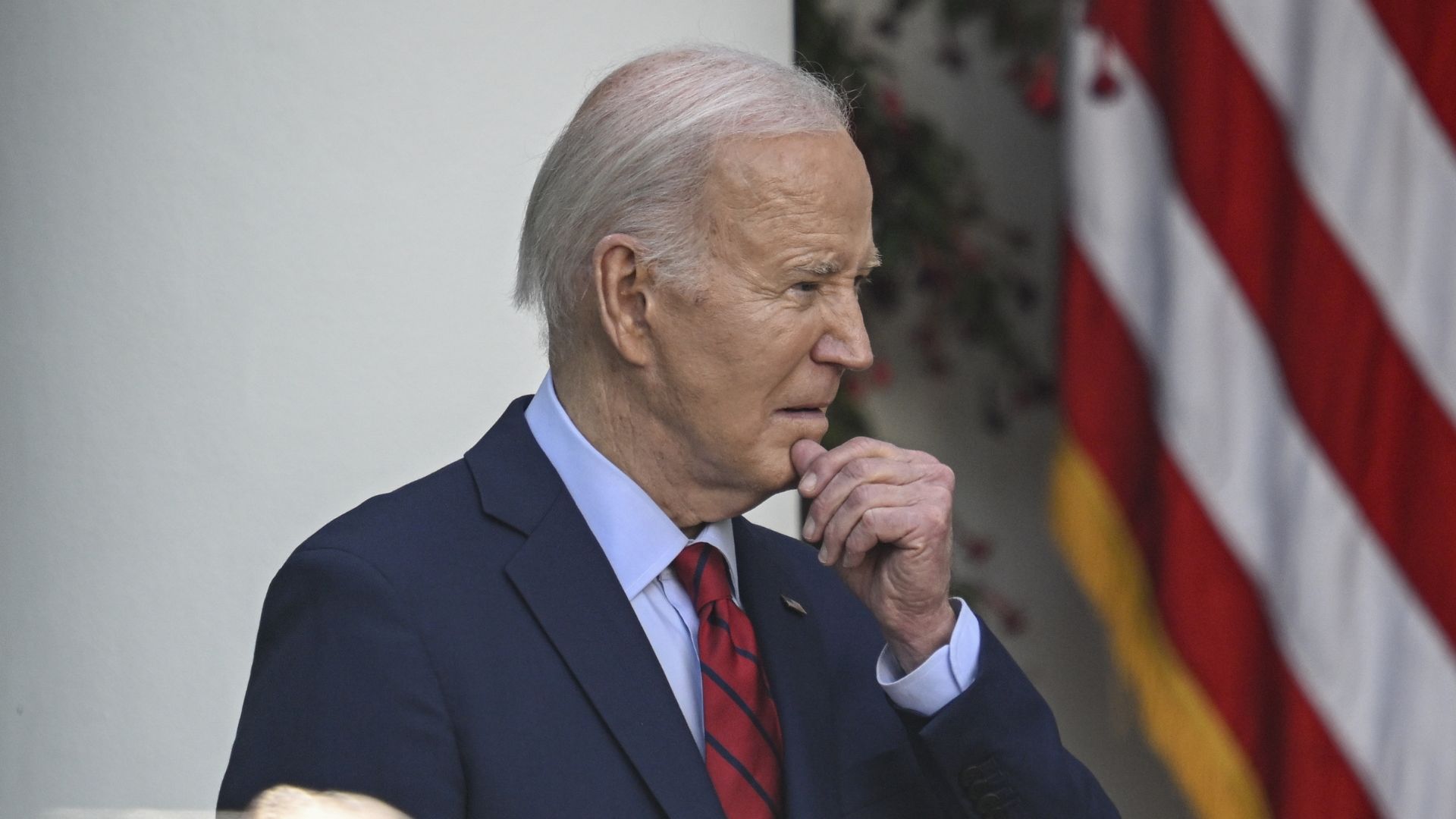
A recent interview between political journalist Mark Halperin and former Washington Post fact-checker Glenn Kessler has reignited discussion over media bias and whether major news outlets avoided directly addressing questions about Joe Biden’s cognitive health.
The conversation, part of Halperin’s Next Up series with prominent podcasters, focused heavily on Kessler’s 2022 fact check defending Biden after several videos showing unusual public behavior gained traction in conservative media.
The clips, widely circulated at the time, depicted Biden appearing distracted, confused, or disoriented during official events.
Trump’s Sovereign Wealth Fund: What Could It Mean For Your Money?
One of the most viral moments occurred when Biden appeared to wander away during a ceremony before engaging with members of a parachute demonstration team.
Critics pointed to the footage as further evidence of mental decline, but Kessler’s fact check concluded the Republican National Committee’s framing was misleading and asserted that Biden had, in fact, been speaking with the parachutists.
Halperin pressed Kessler on the impact of such reporting.
“When you write that, people say the Washington Post is saying that video is not reflective of Joe Biden’s cognitive decline. That’s what people take from it,” Halperin told him.
This Could Be the Most Important Video Gun Owners Watch All Year
Kessler maintained that his work addressed only the accuracy of the specific video and described fact checks as “a complement to news coverage, not a supplement.”
He noted that the Post had published opinion pieces questioning Biden’s age and his decision to run for reelection, but acknowledged that newsroom efforts to investigate potential cognitive decline ultimately stalled.
“It never came together because we couldn’t get enough people on the record,” Kessler admitted.
“Yes, in retrospect, one could say, God, that was a real missed opportunity.”
Halperin cited other incidents, including Biden calling out for a deceased congresswoman during a public appearance, asking why such moments did not prompt a full investigative report.
Kessler declined to provide detailed explanations about internal discussions but confirmed there had been “a lot of effort to produce the story” Halperin referenced.
The exchange became more pointed as Halperin argued that Kessler’s fact check shaped public perception beyond the specific clip.
“You are saying in that column to any normal reader, the Washington Post is saying the chatter of that cognitive decline is made up,” Halperin said.
Kessler disagreed, insisting his scope was limited to verifying factual claims in the video, but acknowledged the tension between narrowly focused fact-checking and the political narratives those checks can influence.
The issue of Biden’s mental fitness has surfaced in multiple contexts.
Special Counsel Robert Hur, in his investigation of Biden’s handling of classified documents, cited “significant limitations” in Biden’s memory.
Authors and former aides have also described instances of confusion and noted that Biden avoided formal cognitive testing, reportedly for political considerations.
Kessler acknowledged that while commentators on the political left frequently question President Donald Trump’s mental state, the Post refrained from making similar public judgments about Biden without extensive sourcing.
Dropping soon: an explosive new @NextUpHalperin.@MarkHalperin interviews with @GlennKesslerWP, former Washington fact checker.
WATCH: Kessler’s stunning justification of his Biden “Deepfake” fact check.
Stay tuned for MUCH more… pic.twitter.com/Lo78lvWHtI
— Next Up with Mark Halperin (@NextUpHalperin) August 7, 2025
For critics, the interview underscored long-standing claims that mainstream media outlets applied a different standard to Biden than they did to Trump, particularly on matters of health and cognition.
The Halperin–Kessler exchange adds to ongoing debates over how fact-checking intersects with political coverage and whether major news organizations should take a more direct role in addressing questions about a president’s mental capacity.

![WaPo Fact Checker Gets Called Out to His Face Over Biden Mental Decline Cover-Up [WATCH]](https://www.right2024.com/wp-content/uploads/2025/08/WaPo-Fact-Checker-Gets-Called-Out-to-His-Face-Over-750x375.jpg)



![Gavin Newsom Threatens to 'Punch These Sons of B*thces in the Mouth' [WATCH]](https://www.right2024.com/wp-content/uploads/2025/08/Gavin-Newsom-Threatens-to-Punch-These-Sons-of-Bthces-in-350x250.jpg)
![ICE Arrests Illegal Alien Influencer During Her Livestream in Los Angeles: ‘You Bet We Did’ [WATCH]](https://www.right2024.com/wp-content/uploads/2025/08/ICE-Arrests-Illegal-Alien-Influencer-During-Her-Livestream-in-Los-350x250.jpg)







